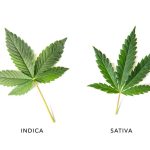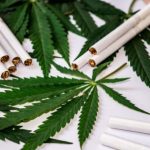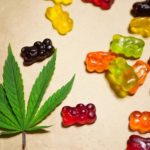🔥 Website for Sale - Contact Us
CBD is known to help alleviate sleep disorder diseases like insomnia, can it make me lazy?
At first glance, the available clinical research appears to be contradictory until you examine CBD side effects in more detail.
If CBD is none sedative, why is it reported that CBD can make you sleepy? It is reasonable to think that CBD oil can make you lazy because CBD comes from a cannabis plant like marijuana that is known for its sedative properties that may make you lazy or even sleepy.
* Pin it
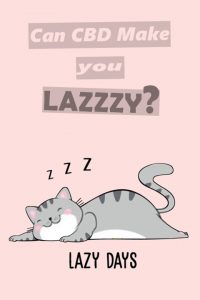
Unlike its cousin marijuana, hemp-derived CBD is non-intoxicating and will not make you lazy.
However, research suggests that CBD in large doses may cause drowsiness or sleepiness.
Many factors need to be taken into consideration to understand the actual working of CBD in the body, like cannabis strain, dose amount, and genetics.
Multiple studies suggest that CDB in small amounts may promote mental alertness while large doses help with sleep disorders such as insomnia.
Because of the unique why CBD battles insomnia symptoms. CBD isolate does not make you lazy, drowsy, or lose motivation. Even though it helps with sleep disorders.
On the other hand, full-spectrum CBD oil may cause mild sleepiness. Cannabis (hemp and marijuana) extract contains over 120 phytocannabinoids and terpenoids compounds.
Research suggests that these terpenes compounds called Myrcene found in particular cannabis strains have sedative properties.
Therefore, using cannabis strains that contain low myrcene will combat laziness or sleepiness.
What does CBD do to the brain?
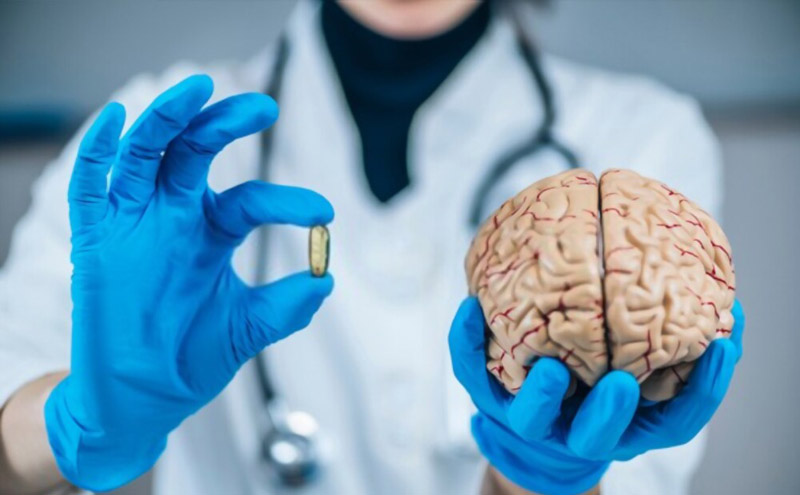
The most common misunderstanding is the idea that cannabidiol (CBD) is non-psychoactive. In actuality, cannabidiol is non-intoxicating which is entirely different from non-psychoactive.
[elementor-template id=”2666″]
CBD and THC cannabinoids are both similar in psychoactive chemical structure but do not affect the brain the same way.
CBD psychoactive ingredients affect the central nervous system (CNS) and impact brain function.
As a result, CBD causes temporary changes in mood and behavior patterns.
However, it does not deliver the same sedative effect associated with THC.
Our endocannabinoid system (ECS) is a vital part of human health. It is responsible to manage all 11 Central physiological systems in the body to maintain homeostasis.
Keeping a balance by regulating cognitive and physiological processes in our body, like memory, pain, stress, appetite, and immunity.
Our endocannabinoid system (ECS) is made up of receptors, enzymes, and endocannabinoids.
Endocannabinoids and phytocannabinoids are essentially the same things, however with one fundamental difference.
Endocannabinoids are endogenous and occur naturally in our body while phytocannabinoids are plants derived.
The cannabis plant has more than 100 phytocannabinoids (.e.g. CBD and THC)that bind with ECS receptors throughout our body.
The two most common endocannabinoids receptors are CB1 and CB2.
CB1 endocannabinoids receptor is responsible for motor functions like pain, appetite, mood, coordination, and more.
CB2 on the other hand is responsible for our body’s immune balance. Primarily, regulating inflation response.
Most common CBD side effects?
CBD is widely considered throughout the medical community as safe to use. However, mild side effects may present depending on your body’s tolerance and underlying health issues.
The most common side effects associated with CBD include drowsiness, cottonmouth, suppressed appetite, nausea.
Sleepiness or drowsiness
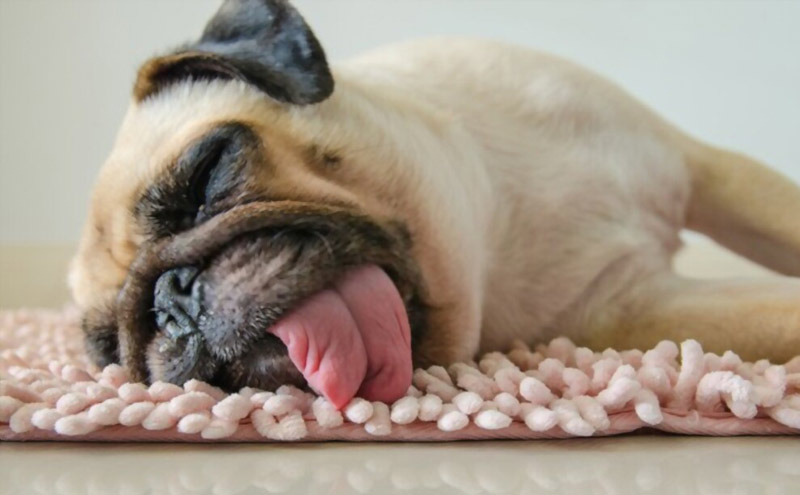
One of the many great benefits of CBD is that it helps you feel relaxed, but by the same token, it can make you feel sluggish or drowsy.
CBD in low doses reduces pain and anxiety, while higher doses help with sleep disorders like insomnia.
While this is considered a mild symptom, it needs to be taken into consideration when deciding what dose to take at what time of day.
According to the Sleep Foundation, research suggests that taking CBD before bedtime in higher doses promotes better sleep patterns. Especially with sleep disorders such as insomnia and daytime sleepiness.
How to use CDB without getting sleepy?
While it is true that CBD oil is non-sedative, it does have an amazing relaxing effect on our bodies.
It is also reasonable to recognize that most people may mistakenly refer to the calming effects as feeling tired or lazy.
The relaxing sensation of CBD oil may also result in a person feeling more ready to fall asleep.
In fact, research suggests that taking small doses of CBD oil may actually increase brain alertness and up your readiness for activity.
If you are experiencing severe lazy or drowsy side effects.
Here are my top 2 tips to help combat CBD sleepiness:
Tip 1#
Exercise is a great way to naturally boost your overall energy levels for multiple reasons.
Recent studies show that using CBD oil during exercise may increase workout intensity and stamina.
It is reported that cannabis increases mental focus which makes exercise more enjoyable.
Speaking from my own experience. I regularly use marijuana or CBD oil before I do nature walks or high-intensity weight training.
I found that smoking marijuana during weight training allows me to increase the mind-muscle connection.
The mind-to-muscle connection is critical when isolating muscle groups in training.
The best way to overcome the initial lazy feeling of CBD is to start being active.
You will notice that as soon as your body starts moving the feeling of sleepiness will dissipate.
Tip 2#
Drink a cup of coffee.
Because of the unique way CDB reacts in our body, there are multiple reasons why you may be experiencing lazy or sleepy side effects.
Studies suggest that CBD use may cause a sudden drop in blood pressure.
In a study of 9 people, researchers found that a high dose of CBD lowers blood pressure, creating a feeling of drowsy or sleepiness.
In addition, it is found that the blood pressure slightly elevated once the participant laid down.
The drop in blood pressure is only a reason of concern if you are on any type of blood pressure medication. Otherwise, it is harmless.
To combat this sudden drop in blood pressure. Try drinking a coffee. The caffeine will slightly elevate your blood pressure and counteract the side effect.
Dry Mouth
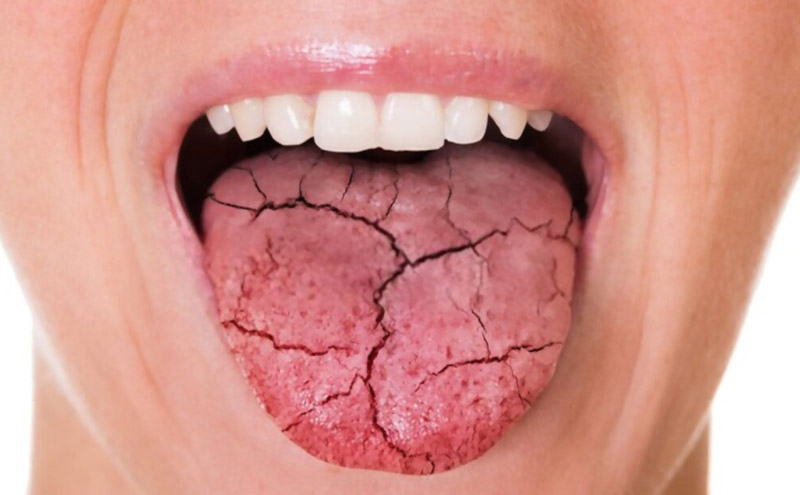
Dry mouth is the most common side effect associated with cannabis use (hemp and marijuana).
In fact, it is so well-known that it goes by multiple aliases. Like cottonmouth, pasty mouth, or by its scientific name xerostomia.
The symptom is believed to be more common with the use of THC (marijuana). However, it can happen with full-spectrum CBD as well.
Multiple studies suggest that no matter how the CBD is administered, the side effect is present.
What Can I do to stop cottonmouth?
Cottonmouth is usually a mild side effect of using Cannabidiol (CBD).
However, if you are experiencing severe dry mouth you can try the following.
- Chewing gum helps by stimulating the salivary glands to produces extra saliva.
- In addition, foods like dried fruit or beef jerky help with saliva production.
- If calories are an issue, try sucking on an ice cube.
Avoid CBD Interacting With Other Medications
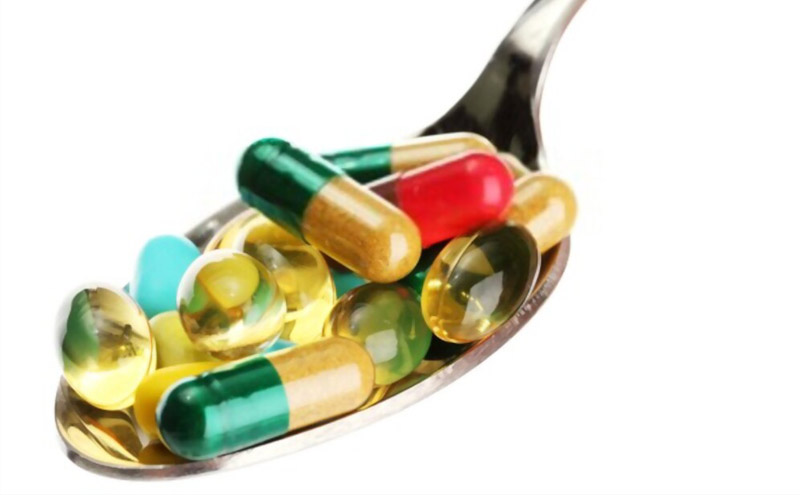
CBD popularity has risen over the years because of the long list of medical disorders it helps manage.
Though CBD is believed to be a safe substance because of its low risk of side effects, it does come with a warning sign when taking with other medication.
Research suggests that CBD is so effective that it has the potential to replace other drugs used for pain, inflammation, anxiety, and on.
For this reason, it is not easy to understand that CBD potency has the potential to conflict with other medications.
Although more research is needed to determine the full scope of CBD interaction with other medications.
However, here is a simple rule of thumb that can guide you.
Avoid consuming CDB with prescribed medication that has a grapefruit warning.
The warning states that you should avoid taking grapefruit (fruit and juice) with medication.
According to the US Food and Drug Administration, grapefruit reacts with particular drugs and causes higher concentrations of the medications in the bloodstream.
As a result, it can lead to adverse side effects or overdose.
Grapefruit and other citrus fruits are known to interact with over 85 drugs.
These medications get metabolized with an essential enzyme called CYP3A4 in the small intestine.
Grapefruit and other citruses can prevent the metabolization process of CYP3A4, and cause higher drug concentrations to remain longer in the bloodstream.
As a result, our body can have a severe overdose or side effects.
The amount of the CYP3A4 enzyme in the digestive tract differs in individuals depending on their genes.
As a result, grapefruit may affect people differently while taking the same medications.
Here is a list of drug groups to avoid using together with CBD.
- Angiotension II Blockers
- Antiarrhythmics
- Antibiotics
- Antidepressants
- Anticonvulsants / Anti-Seizure Medications
- Antihistamines
- Antipsychotics
- Anesthetics
- Beta-Blockers
- Benzodiazepines
- Calcium Channel Blockers
- HIV Antivirals
- HMG CoA Reductase Inhibitors (Statins)
- Immune Modulators
- Non-Steroidal Anti-Inflammatory Drugs
- Oral Hypoglycemic Agents
- Proton-Pump Inhibitors (PPIs)
- Prokinetics
- Steroids and Corticosteroids
- Sulfonylureas
Particularly avoid using CBD with the following medications.
- blood thinner, warfarin
- heart rhythm medication, amiodarone
- a thyroid medication, levothyroxine
- seizures medications, like clobazam, lamotrigine, and valproate.


